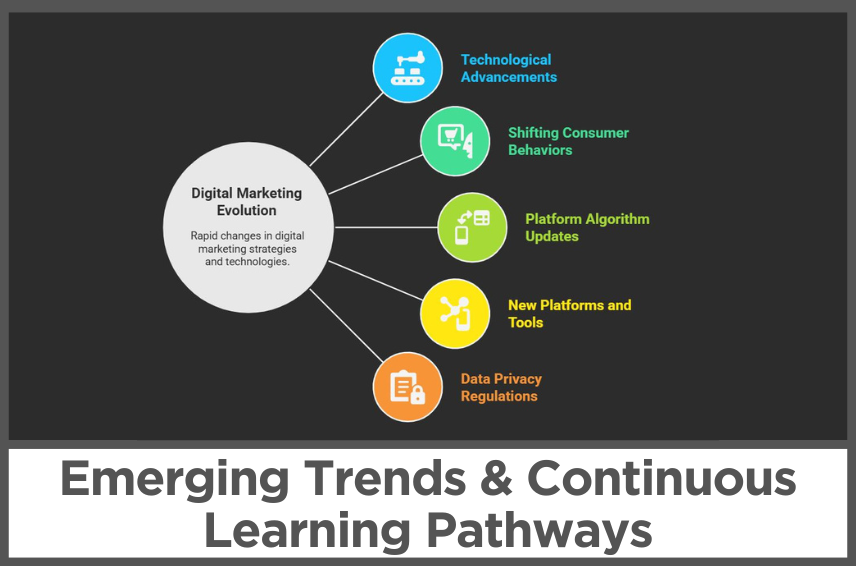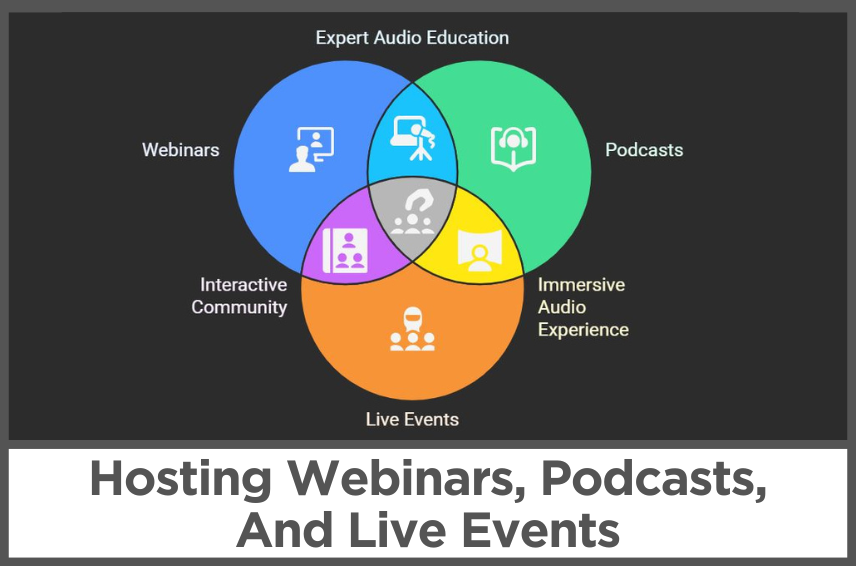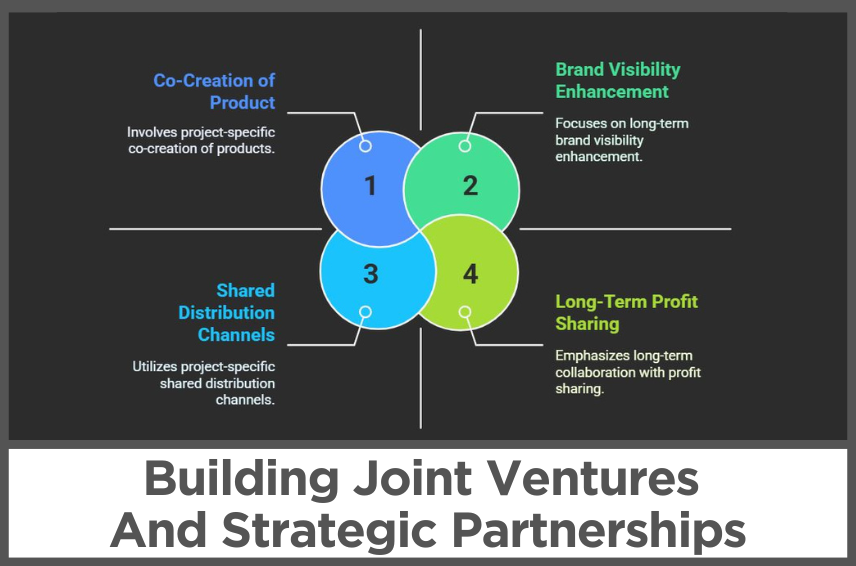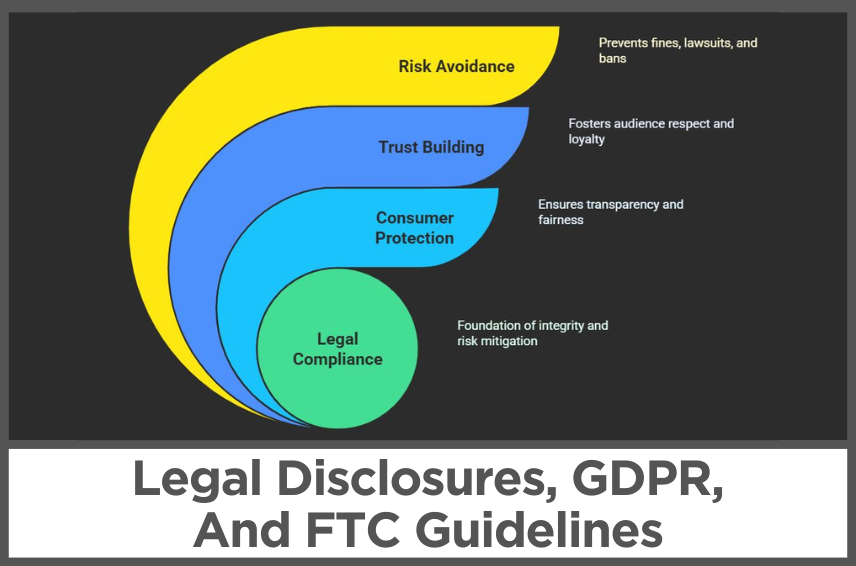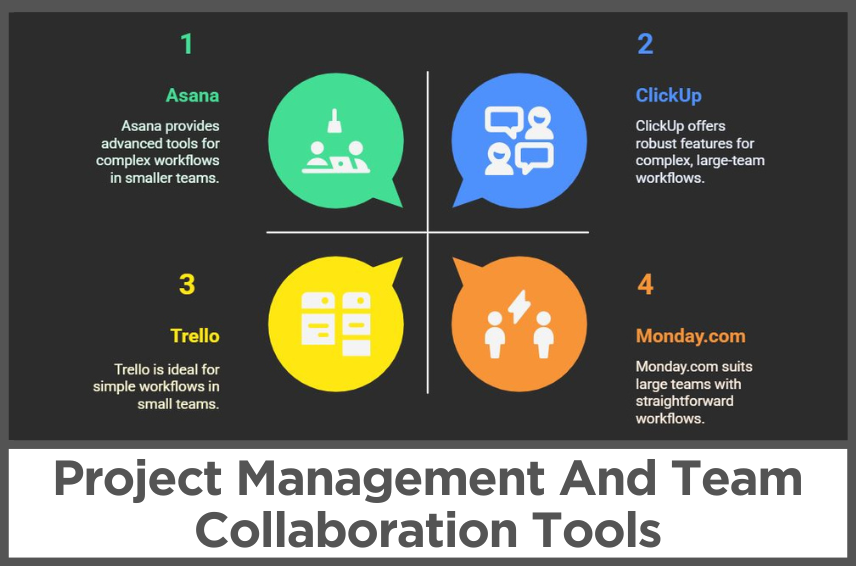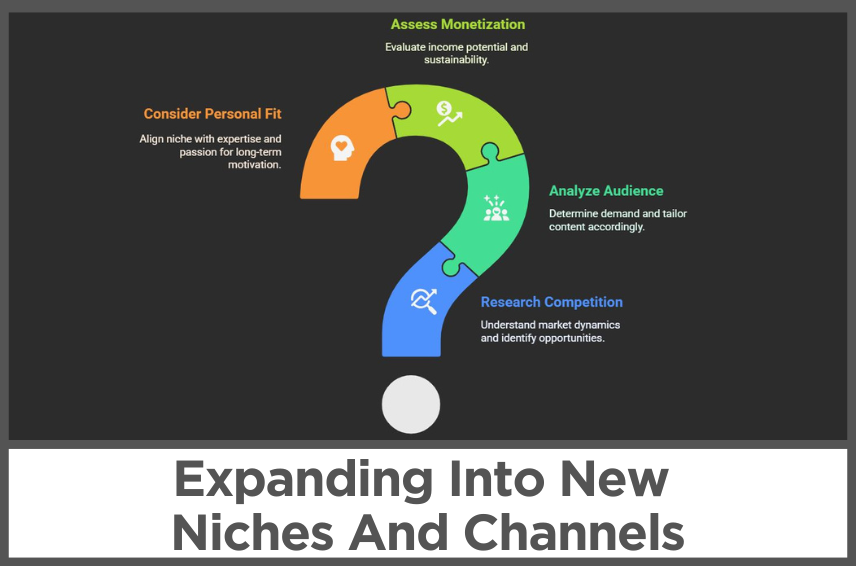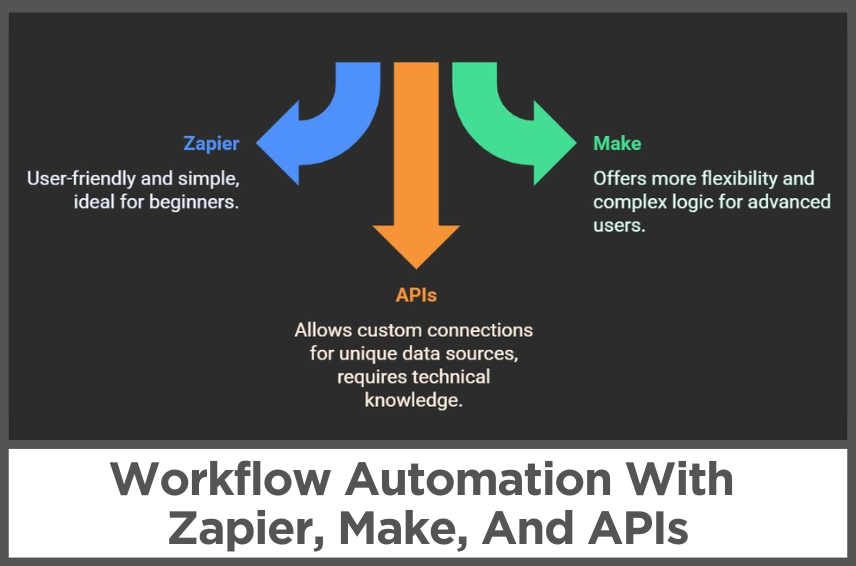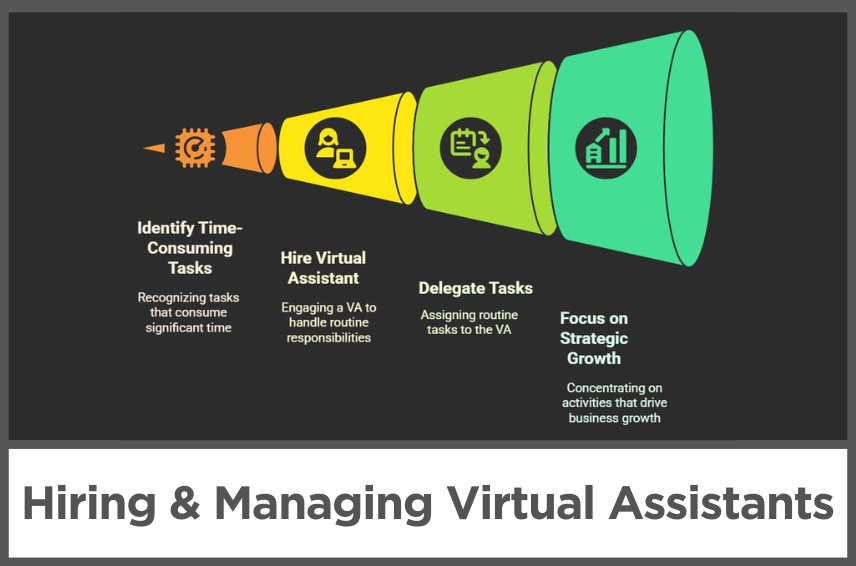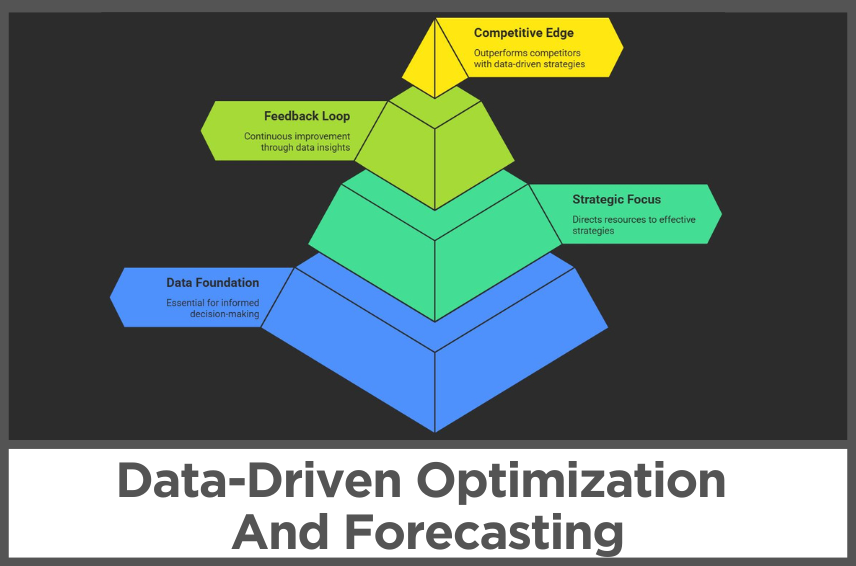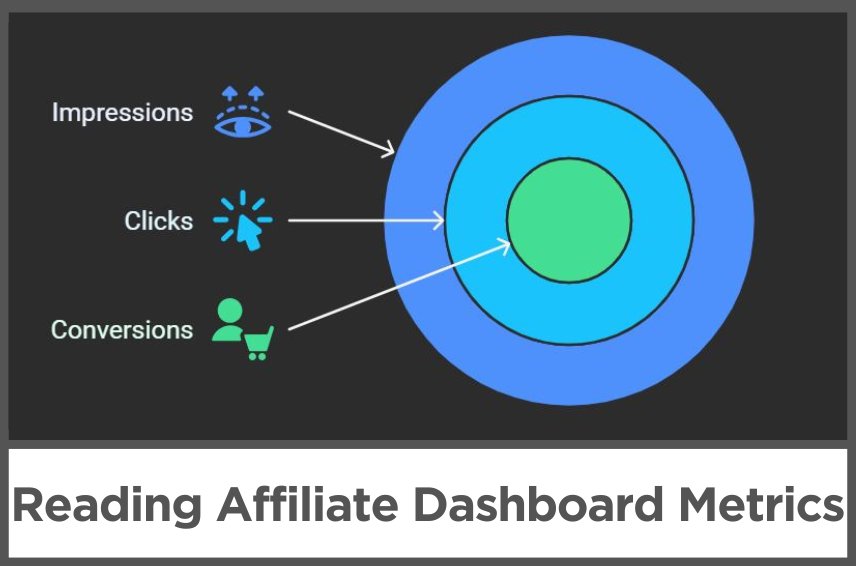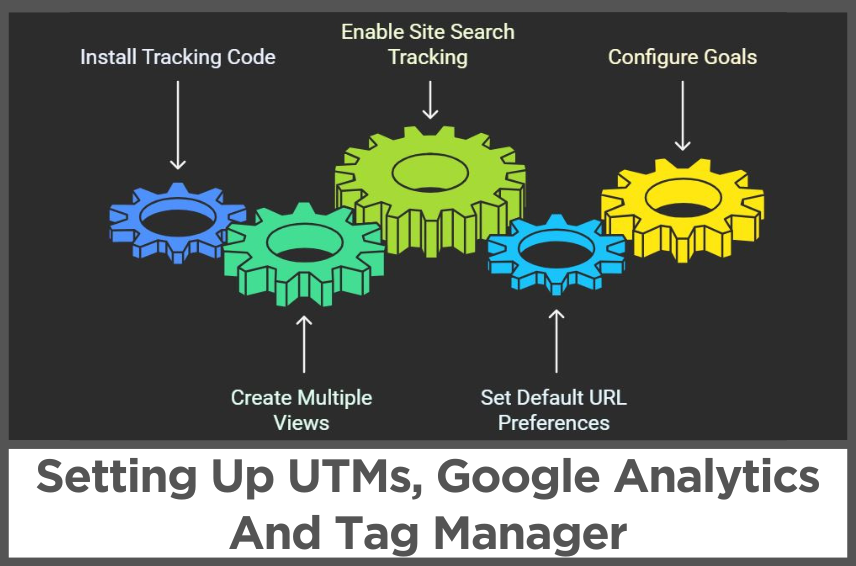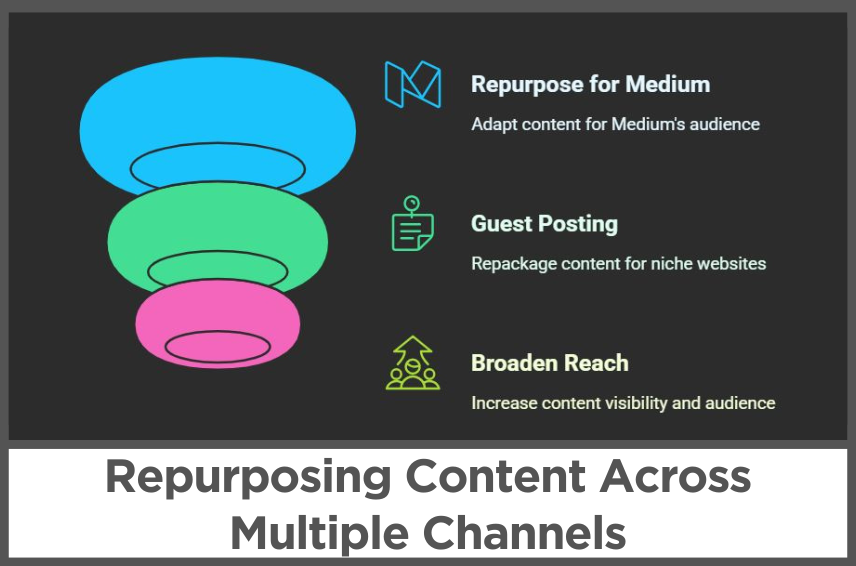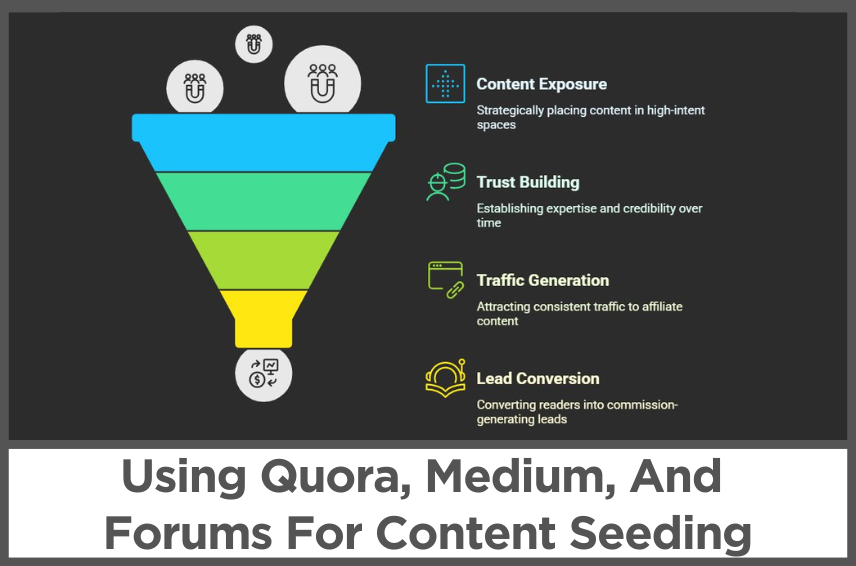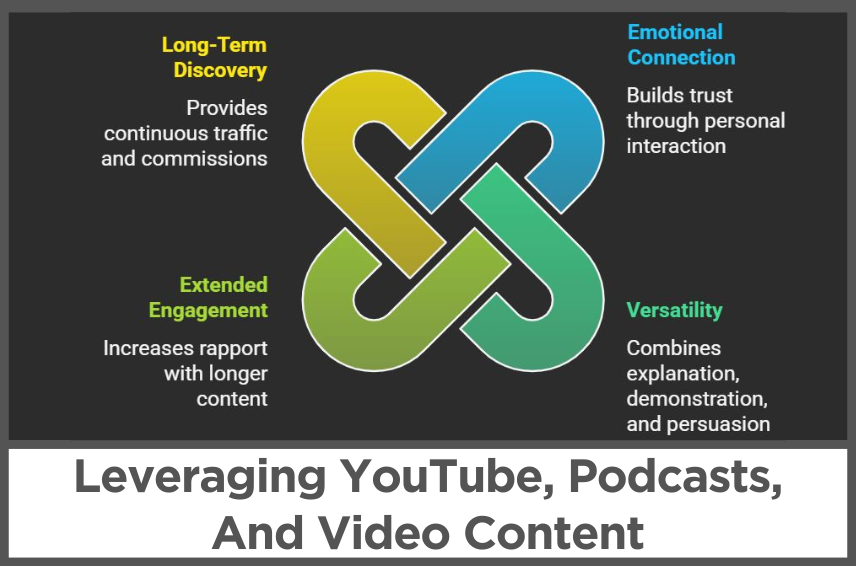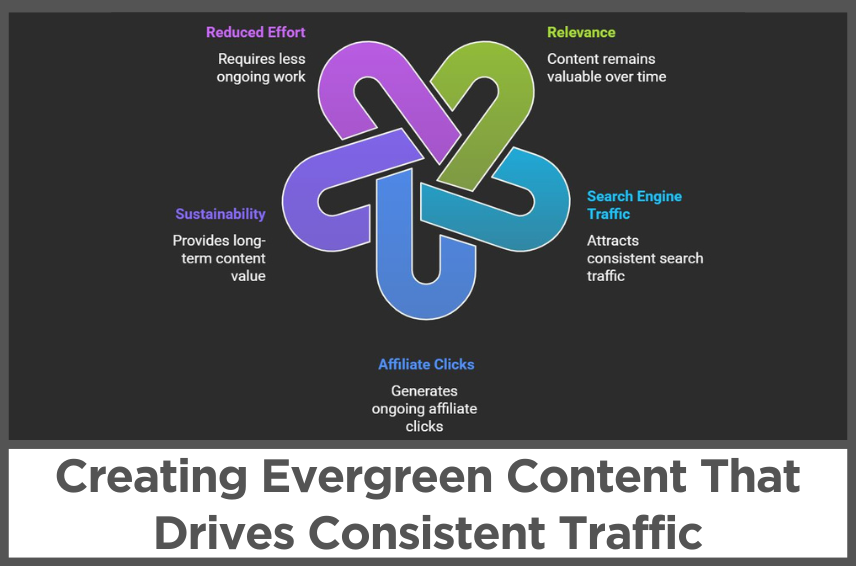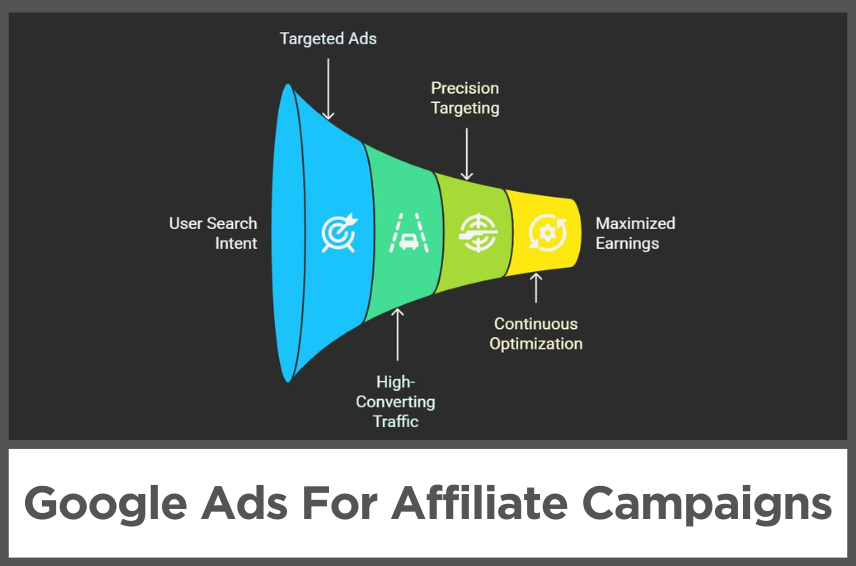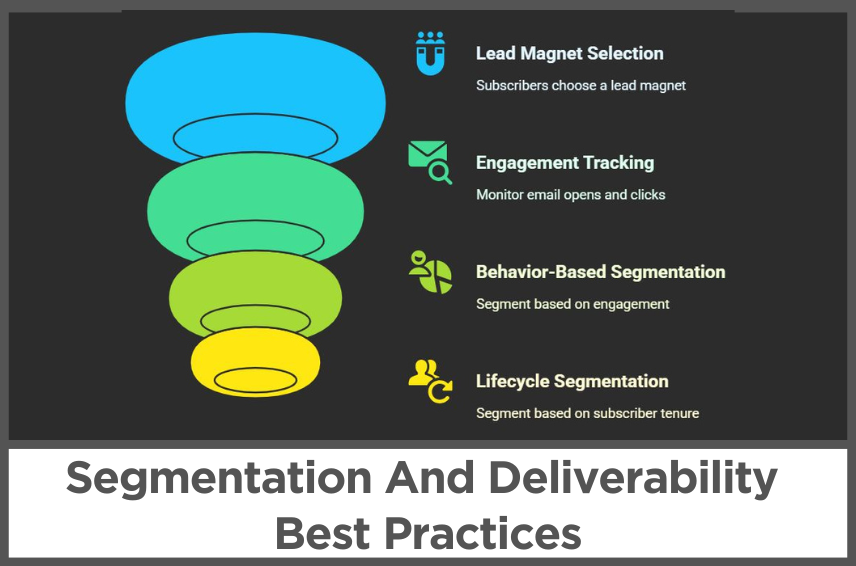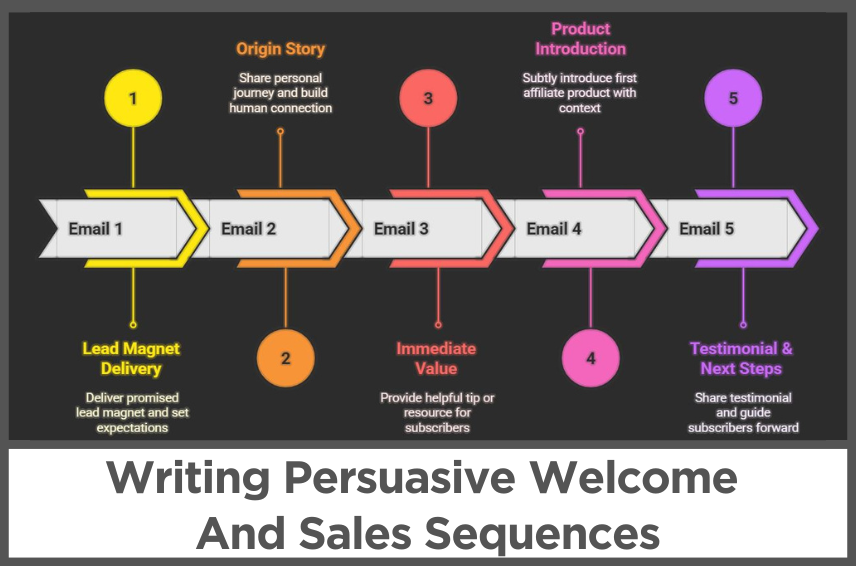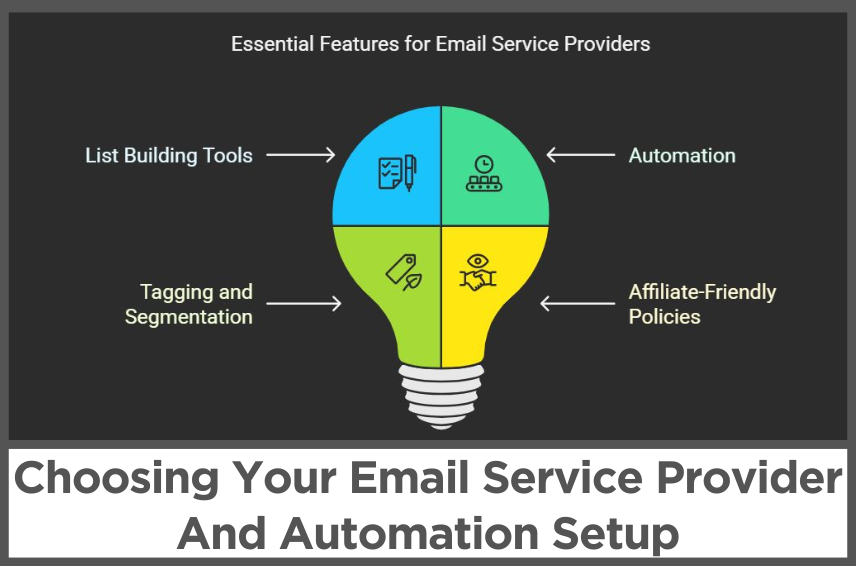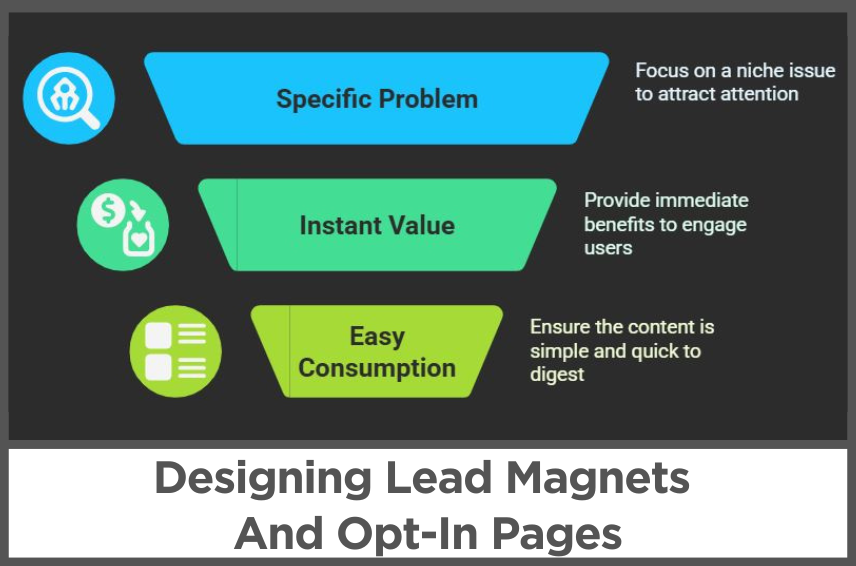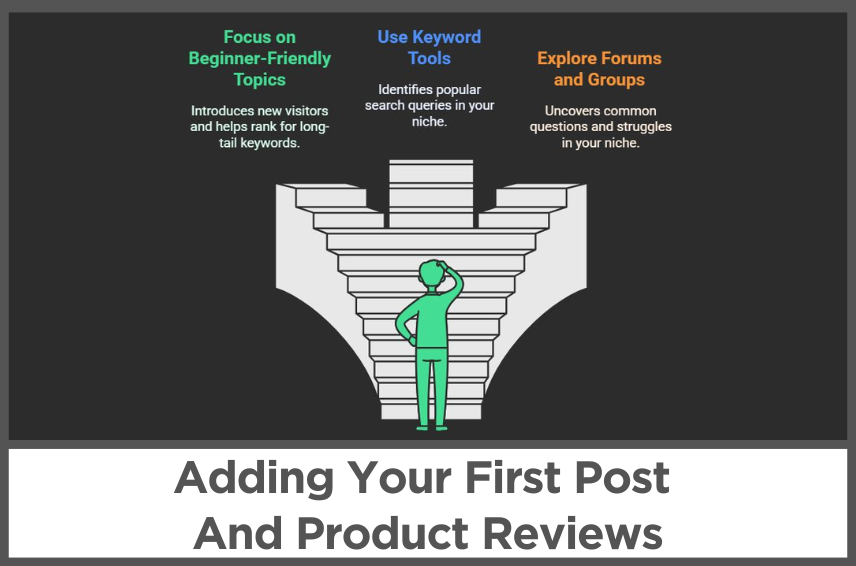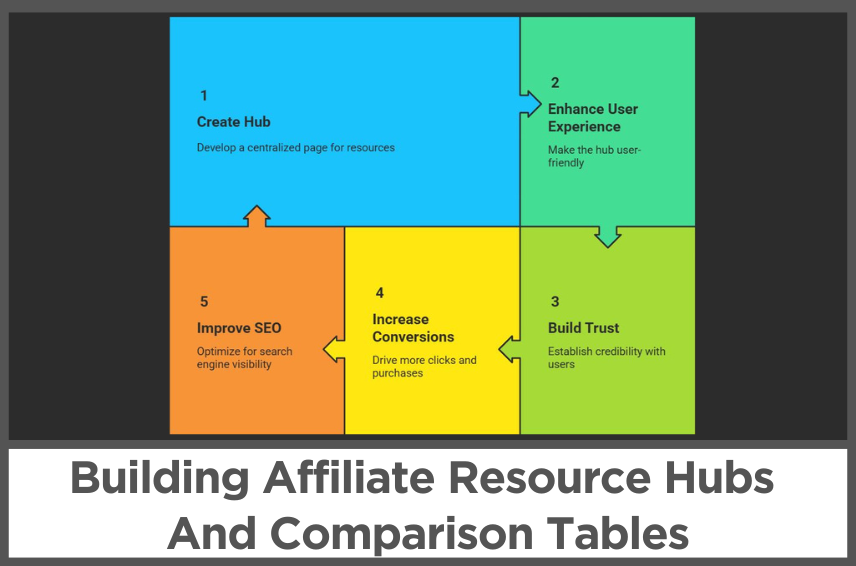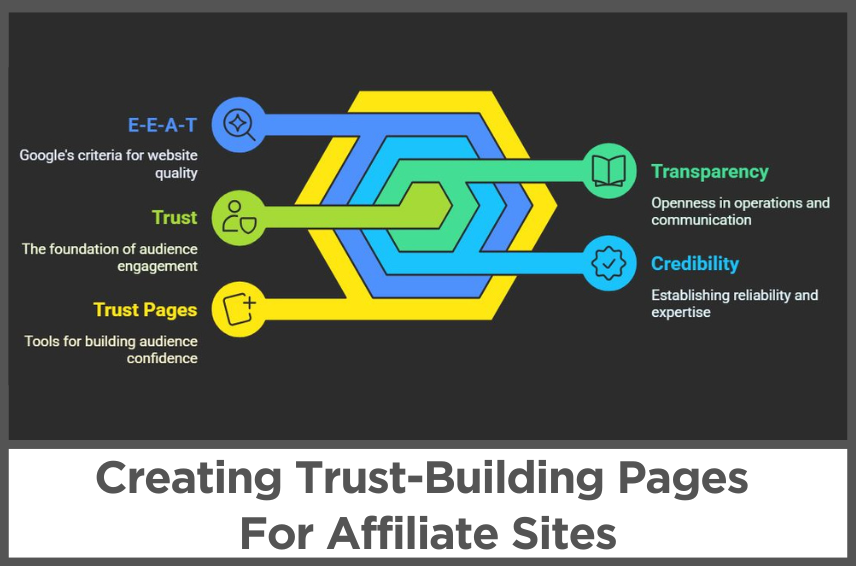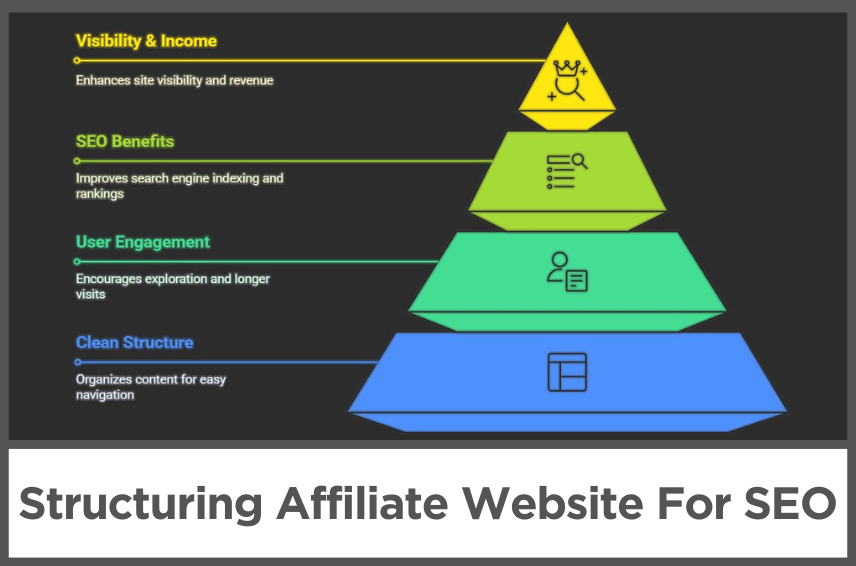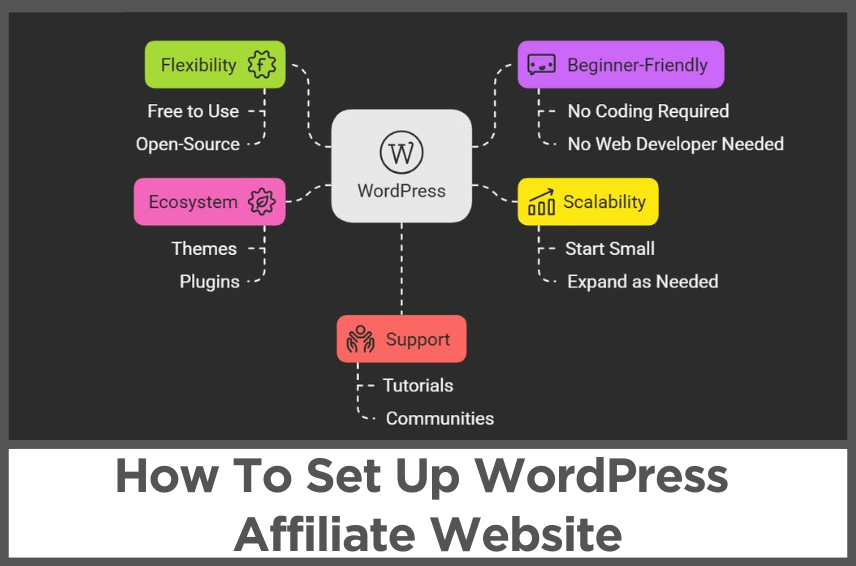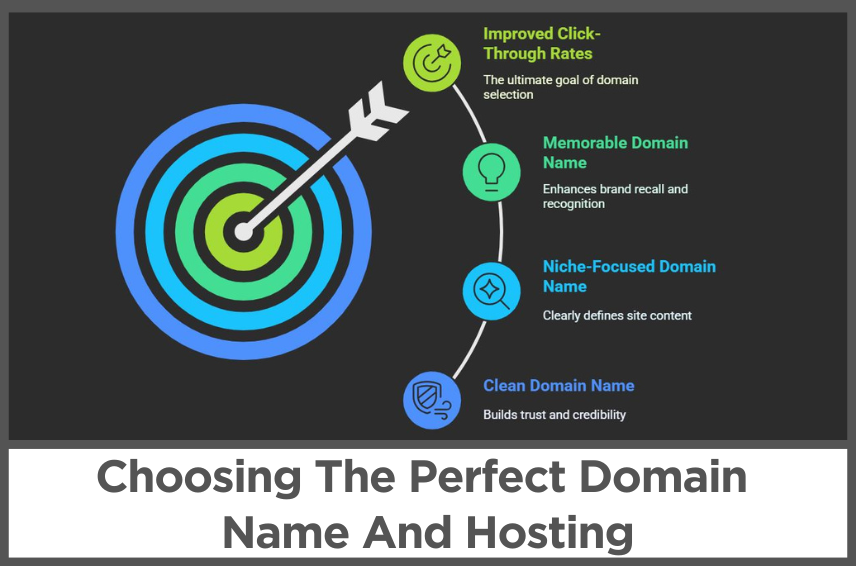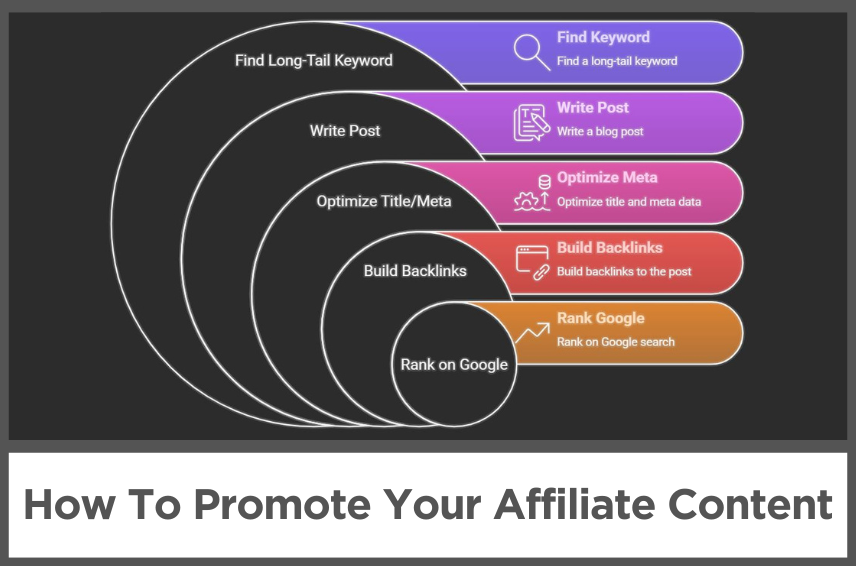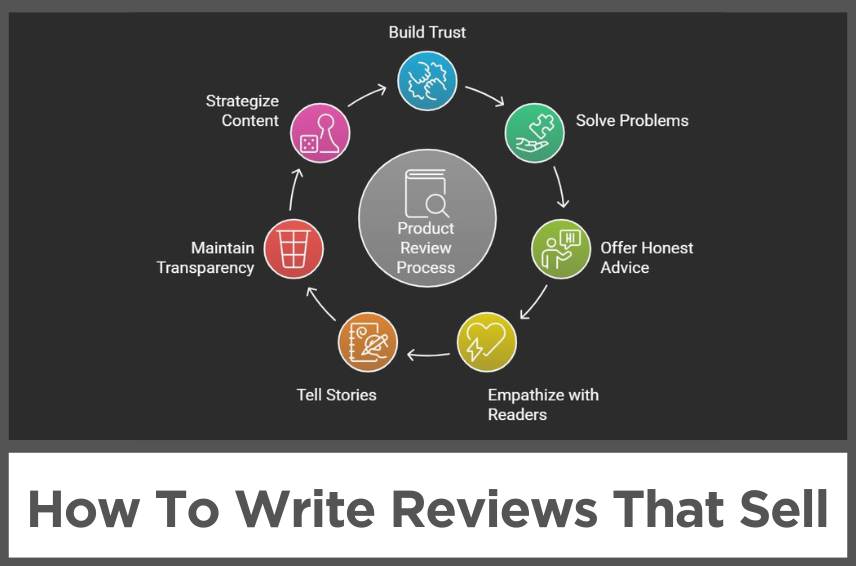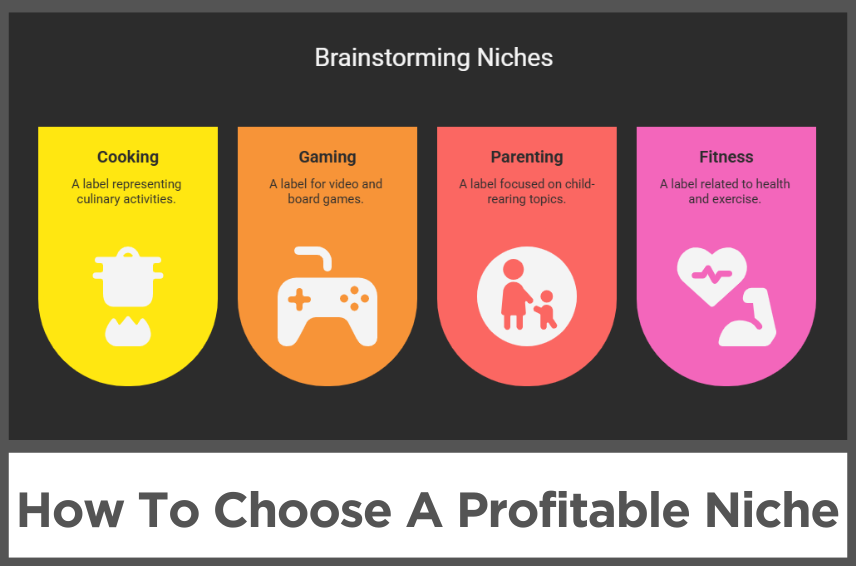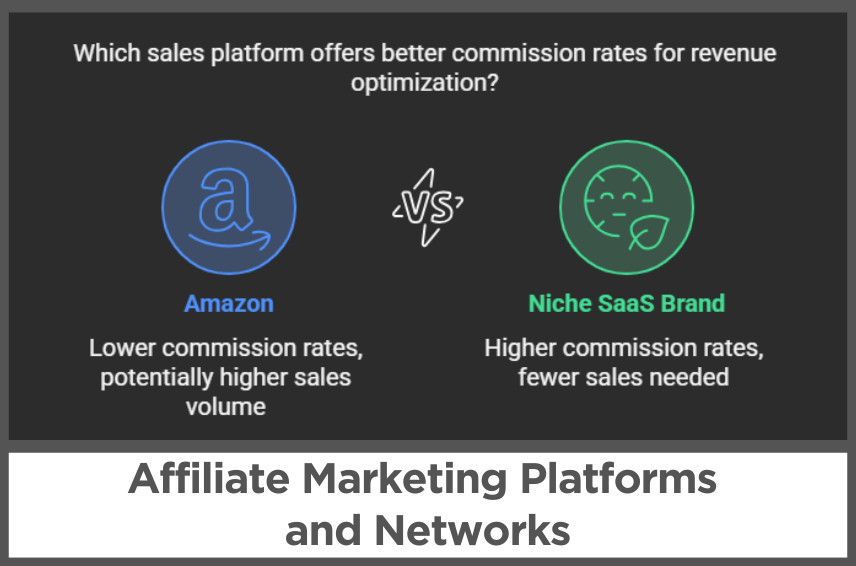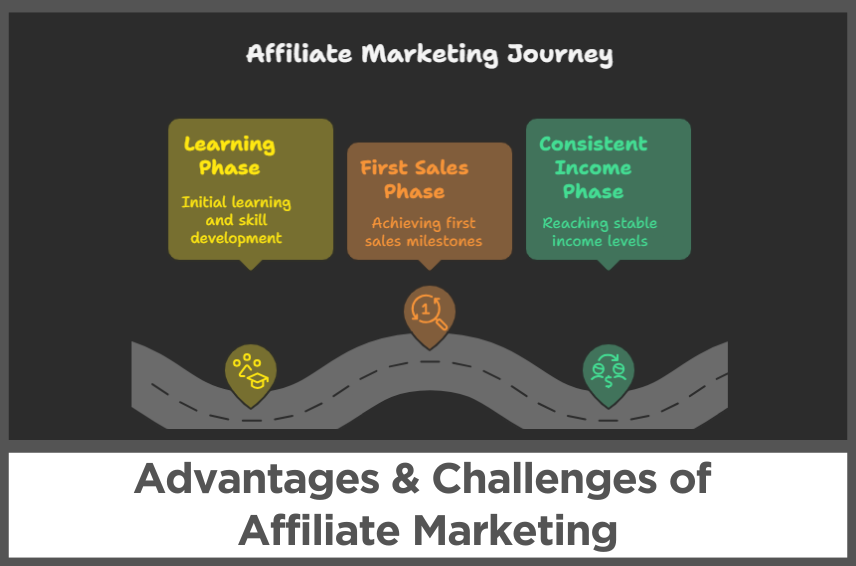M10.C4: Emerging Trends & Continuous Learning Pathways
by Abhigyan
The affiliate marketing world never stays still. Algorithms evolve, platforms come and go, and audience behaviors shift faster than ever before.
What worked last year may already feel outdated today, and what looks promising now might be essential by tomorrow.
For affiliate marketers who want to thrive long term, staying informed and adaptable is not optional. It’s essential.
That is why this final chapter focuses on developing your ability to evolve through trend awareness and continuous learning.
This chapter is about knowing how to evaluate which trends matter, which ones are noise, and how to integrate useful innovations into your strategy without constantly pivoting or losing sight of what works.
We’ll look at some of the major shifts currently shaping the future of affiliate marketing, from AI-driven content creation to first-party data strategies and creator economy collaborations.
But more importantly, we’ll show you how to build habits and systems that allow you to keep learning without burning out.
As you’ve seen throughout this course, success in affiliate marketing requires more than tactics. It demands awareness, flexibility, and a commitment to lifelong improvement.
In this final chapter, you’ll discover how to keep your skills fresh, your strategies relevant, and your mindset sharp.
The digital marketing landscape may be unpredictable, but with the right tools and learning habits, you’ll always be ready for what’s next.
Disclosure: Some of the links I share might be affiliate links. If you click on one and make a purchase, I may earn a small commission as a thank you. But don’t worry, it won’t cost you anything extra. I only recommend stuff I genuinely believe in. Your support helps me keep creating awesome content. You can read my full affiliate disclosure in my disclaimer page.
IN THIS POST :
ToggleFast-Changing Nature Of Digital Marketing Landscape
Digital marketing, particularly affiliate marketing, is characterized by its rapid evolution.
Technological advancements, shifting consumer behaviors, and platform algorithm updates contribute to a landscape that is constantly in flux.
For affiliate marketers, this means that strategies that were effective yesterday may not yield the same results today.
Staying informed and adaptable is crucial to maintaining a competitive edge.
The proliferation of new platforms and tools offers both opportunities and challenges.
While they can provide innovative ways to reach and engage audiences, they also require marketers to continuously learn and adapt.
For instance, the rise of short-form video content has necessitated a shift in content creation strategies.
Marketers who quickly embraced platforms like TikTok have been able to tap into new demographics and trends.
Moreover, changes in data privacy regulations and consumer expectations around transparency have impacted how affiliate marketers collect and use data.
Understanding these changes and adjusting strategies accordingly is essential.
By staying attuned to the evolving digital landscape, affiliate marketers can identify emerging opportunities and mitigate potential risks.
Identifying & Evaluating Trends Worth Following
In a field inundated with new tools and strategies, discerning which trends are worth pursuing is a vital skill.
Not every emerging trend will align with your brand or audience, and chasing every new development can lead to diluted efforts.
It’s important to critically assess each trend’s relevance and potential impact on your specific niche.
One approach is to monitor industry publications, attend webinars, and participate in professional communities to gather diverse perspectives.
Engaging with peers and thought leaders can provide insights into which trends are gaining traction and which may be fleeting.
Additionally, analyzing case studies and success stories can offer practical examples of how certain trends have been effectively implemented.
Before adopting a new trend, consider conducting small-scale tests to evaluate its effectiveness.
This allows you to gather data and feedback without committing significant resources.
By taking a measured and analytical approach, you can make informed decisions about which trends to integrate into your affiliate marketing strategy.
Emerging Technologies Shaping Affiliate Marketing
Technological advancements are continually reshaping the affiliate marketing landscape.
Artificial intelligence (AI) and machine learning are increasingly being used to personalize content, optimize campaigns, and predict consumer behavior.
These technologies enable marketers to deliver more targeted and effective messages to their audiences.
Voice search is another area gaining prominence. As more consumers use voice-activated devices, optimizing content for voice search becomes essential.
This involves focusing on conversational keywords and providing concise, informative answers to common queries. Adapting to this trend can enhance visibility and accessibility.
Furthermore, the integration of augmented reality (AR) and virtual reality (VR) offers immersive experiences that can engage consumers in novel ways.
These technologies allow for interactive product demonstrations and virtual try-ons, providing a more engaging shopping experience.
By embracing these emerging technologies, affiliate marketers can create innovative campaigns that resonate with modern consumers.
Creator-Led Commerce And Influencer Partnerships
The creator economy has transformed how brands connect with consumers.
Influencers and content creators have become powerful partners in affiliate marketing, leveraging their authenticity and engaged audiences to drive sales.
Collaborating with creators allows brands to tap into niche communities and build trust with potential customers.
Micro and nano-influencers, in particular, have shown high engagement rates due to their close relationships with their followers.
These creators often have specialized knowledge or interests, making their endorsements more credible within their communities.
Partnering with such influencers can lead to more meaningful interactions and conversions.
Additionally, platforms like TikTok and Instagram have introduced features that facilitate creator-led commerce, such as shoppable posts and affiliate links.
These tools enable seamless integration of product promotions into content, enhancing the shopping experience for consumers.
By aligning with creators and leveraging these platform features, affiliate marketers can effectively reach and influence their target audiences.
Building A Personalized Learning Framework
Continuous learning is essential in the dynamic field of affiliate marketing.
Developing a personalized learning framework helps you stay updated and refine your skills.
This involves identifying reliable sources of information, setting learning goals, and allocating time for regular skill development.
Online courses and certifications can provide structured learning paths and validate your expertise.
Platforms like Coursera, Udemy, and LinkedIn Learning offer courses on various aspects of digital marketing.
Engaging with these resources allows you to deepen your knowledge and stay abreast of industry best practices.
Additionally, subscribing to industry newsletters, participating in webinars, and joining professional communities can offer ongoing insights and networking opportunities.
These engagements keep you informed about the latest trends and facilitate the exchange of ideas with peers.
By committing to continuous learning, you can adapt to changes and maintain a competitive edge in affiliate marketing.
Staying Legally Aligned With New Developments
Compliance with regulations such as the General Data Protection Regulation (GDPR) and the Federal Trade Commission (FTC) guidelines is crucial.
These regulations mandate transparency in advertising and the protection of consumer data.
Disclosing affiliate relationships clearly and conspicuously is not just a legal requirement but also fosters trust with your audience.
Ensuring that your content accurately represents the products or services promoted helps maintain credibility.
Misleading claims or lack of disclosure can damage your reputation and lead to legal repercussions.
Moreover, staying informed about changes in platform policies and advertising standards is essential.
Regularly reviewing and updating your practices to align with current regulations demonstrates professionalism and commitment to ethical marketing.
By prioritizing legal compliance and ethical standards, you build a sustainable and trustworthy affiliate marketing business.
Creating A Future-Proof Strategy
Developing a strategy that can withstand the test of time involves embracing change and fostering adaptability.
This means being open to experimenting with new platforms, content formats, and marketing techniques.
Flexibility allows you to pivot quickly in response to industry shifts and consumer preferences.
Diversifying your marketing channels and income streams can also enhance resilience.
Relying on a single platform or affiliate program can be risky if changes occur.
By expanding your presence across multiple platforms and exploring various affiliate opportunities, you reduce dependency and increase stability.
Additionally, setting clear goals and regularly evaluating your performance helps identify areas for improvement and growth.
Implementing feedback loops and staying attuned to audience responses ensures that your strategy remains relevant and effective.
By cultivating a mindset of continuous improvement, you position yourself to thrive amid the evolving affiliate marketing landscape.
Developing A Community Of Learning & Support
Building a supportive community is invaluable for ongoing learning and professional development.
Engaging with peers, mentors, and industry experts provides opportunities to share experiences, gain insights, and receive feedback.
These interactions can inspire new ideas and foster collaboration.
Participating in online forums, attending industry events, and joining professional networks can expand your connections and expose you to diverse perspectives.
These communities often serve as platforms for discussing challenges, celebrating successes, and exchanging resources.
Being part of such a network can enhance your knowledge and confidence.
Moreover, contributing to these communities by sharing your experiences and expertise can establish you as a thought leader.
Offering support to others not only reinforces your own learning but also strengthens the collective knowledge of the community.
By fostering relationships within a learning-oriented network, you create a dynamic environment that supports your growth as an affiliate marketer.
What’s Next?
Congratulations on completing the free training in affiliate marketing. But your journey doesn’t end here.
To further enhance your skills and knowledge, explore the additional resources available on our website.
We offer a range of materials, including in-depth guides, high commission affiliate programs, and software reviews for affiliates, designed to support your ongoing development.
Engaging with these resources can provide fresh perspectives and practical strategies to refine your affiliate marketing approach.
Previous Chapter:
Abhigyan Mahanta
Hi! I’m Abhigyan, a remote web developer and an affiliate blogger. I create beginner-friendly guides to help new affiliates get started and grow in affiliate marketing. I also share information on remote companies and interview preparation tips.

